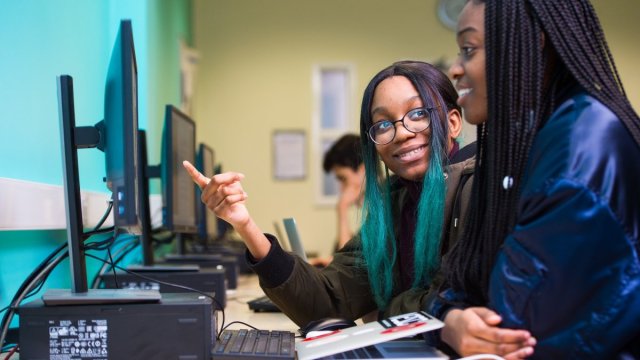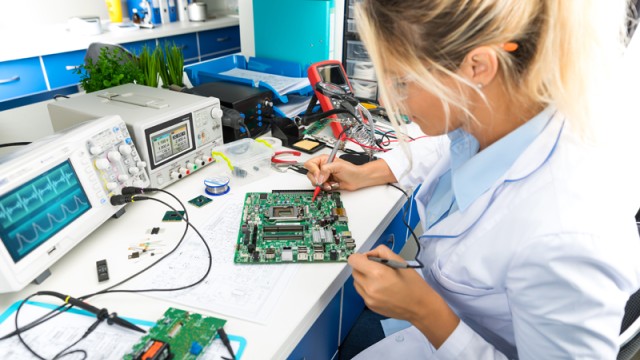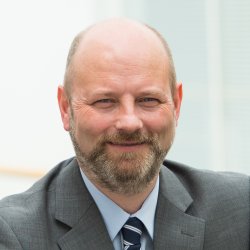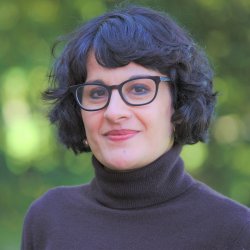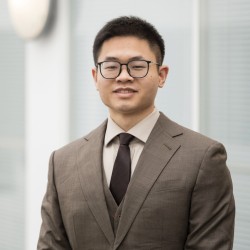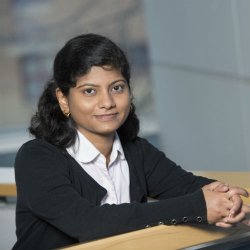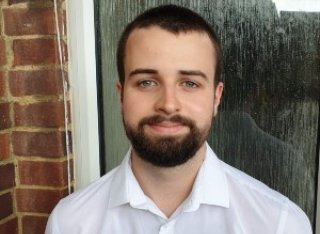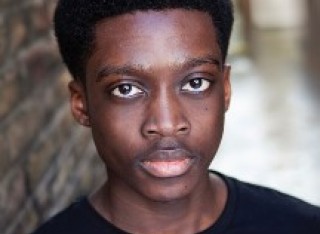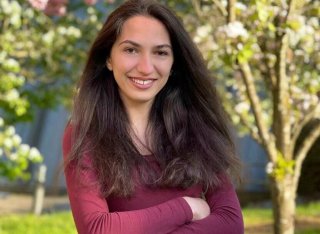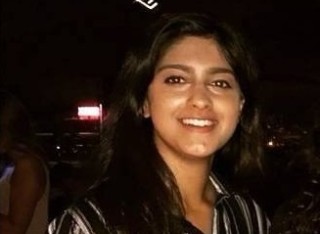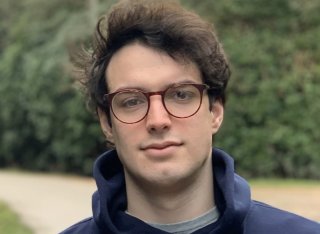
Study
Our courses in electronic engineering and computer science are stimulating and challenging, with a high level of practical content, and draw on both our cutting-edge research and our close links with industry.
No aspect of modern life goes untouched by the technologies you will study at the University of Surrey, and you’ll be learning from globally recognised experts at the forefront of their fields.
Why are computer science and electronic engineering exciting to study?
Computer science is your gateway to shaping the future. Subjects such as artificial intelligence and cyber security are integral to the way the world operates, and the professionals who work in these fields will help to determine how it evolves in the future.
Electronic engineering is integral to our daily lives. From 5G communications to smarter solar energy capture, the real-world applications enabled by electronic engineers bring benefits for society in sectors as diverse as healthcare, transport and entertainment.
In the league tables
What courses are available in the School?
Meet the team
Developing your employability
Graduate Outcomes Survey
The 2025 survey found that 95% of CS and 91% of EE graduates are in work or further education*
Our modules link with industry
CS 2nd years developed web applications supporting the United Nations Sustainable Development Goals
*UK domiciled graduates of full-time, undergraduate qualifications, in full-time employment, from higher education institutions.
EE - electronic engineering.
CS - computer science.

Facilities
We have a wide range of facilities ranging from robotics and artificial intelligence to nanomaterials and space missions.
